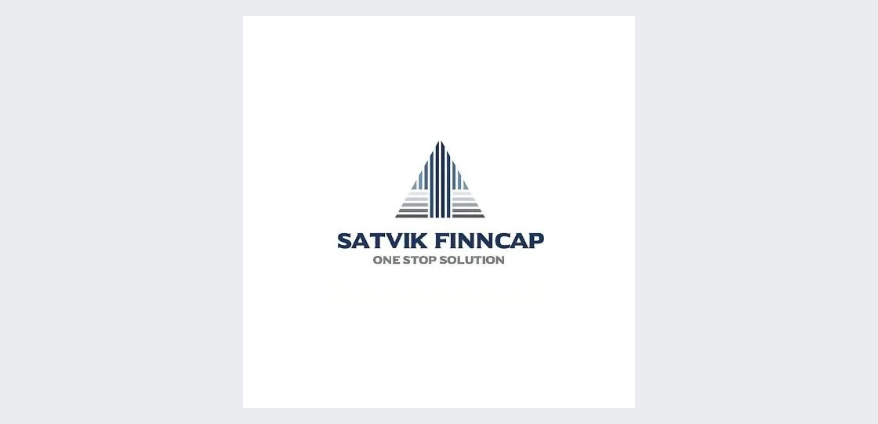Business Loan

Business Loan
A business loan is one type of a loan that is applied for by people who aim to establish, expand or buy equipment for their businesses.
Entrepreneurs who look for capital to begin their businesses also apply for business loans.
These loans are perfect for small businesses in India.
There are two types of small business loans in India:
1. Secured Business Loans:
These Loans are those which are taken against some type of personal guarantee or any valuable asset as collateral.
Inventory loans equipment loans term loan and loan
A secured business loan is when the individual provides collateral in the form of land, machinery, a house, etc, as security for the loan amount.
This has the added benefit of a lower rate of interest.
2. Unsecured Business Loans:
An unsecured business loan is when the loan amount is given without any collateral.
The interest rates for unsecured loans are generally higher as there is a risk factor involved for the lender
Benefits of Business Loan:
1. Flexible Tenures
2. Minimal Documentation
3. Multiple loan options
4. Good Loan amount
Factors that affect interest rates for a small business loan in India:
1. Credit score:
A credit score is a three-digit number that ranges from 300 to 900. It shows your creditworthiness to your lender.
Lenders use your credit score to assess your reliability.
If you have a good credit score, then the interest rates for your business loan will be much lower.
What is considered a good credit score? How is my score computed credit score of 750 and above are considered a good score by most lenders.
So, if you have a low credit score, then your lender will consider you to be a risky customer and will increase the interest rate for the loan or reject your loan application.
Always ensure that you check your credit score before applying for a business loan.
2. Credit history:
If you have a long credit history that is good, then the interest rates that you will receive from your lender for your business loan will be low.
This is because your lender will view your past transactions with your past credit products to check your creditworthiness.
If you have a positive and long credit histrory, the banks will consider you to be reliable and will lend to you at lower interest rates.
If you have a bad credit history, the interest rates will be higher as you will be viewed as a risky customer.
3. Loan amount:
A large business loan amount entails a lower interest rate than a small business loan amount.
So, it is better to take a large loan for your business rather than a small loan as the interest rates will vary as per the loan amount that is taken by the customer.
Ensure you calculate all the needs and requirements of your business including the cost for labour, equipment, inventory and other costs.
4. Relationship with lender:
If you have a good and healthy relationship with the lender you are borrowing from and are an existing customer with them, then the interest rates can be negotiated for and one can get a lower interest rate.
This can help you lower the interest rates on your business loan.
Most lenders aim to please their customers and so they can lower the interest rates if you have a positive and long-term relationship with them.
Types of Business Loan
1. Term Loan
Term loan is offered under various types, such as short-term loan, long-term loan and other small business loans.
The loan amount offered under term loan depends on the applicant’s profile and business requirements that can be repaid in 12 months to 5 years, in the form of EMIs.
Term loan are divided into two parts, unsecured business loans, and secured business loans.
Secured loans require collateral to be submitted with the lender, which is not the case with unsecured business loans.
2. Working Capital Loan
Working capital loans are availed to meet the day-to-day business requirements or to manage business cash flow.
The working capital loan can be availed for various other purposes, such as business expansion, buying equipment or machinery, purchasing raw materials or goods, paying off salaries or rent, enhancing inventory, and much more.
Usually, the repayment tenure offered by most lenders is up to 12 months which shall exceed as per business requirements and the sole discretion of the lender.
3. Bill/Invoice Discounting
Invoice discounting is a financial instrument offered by Banks/NBFCs.
Bill discounting is a source of working capital finance for the seller of goods on credit.
It is a discount that a financial institution takes from a seller’s customer.
Through the payment being made by letter of credit, the buyer has the option of buying goods from the seller. Bills that come under bill discounting are termed Bills Of Exchange.
4. Letter of Credit (LC)
Letter of credit is a payment instrument used mainly in international trade in which the bank provides a monetary guarantee to enterprises that deal in the import and export of goods.
Enterprises doing business overseas have to deal with unknown suppliers and they require assurance of payment before performing any transaction.
Therefore, a letter of credit is important to provide payment assurance to the suppliers or exporters.
5. Point-of-Sale (POS) Loan / Merchant Cash Advance
Point of sale loan is a type of credit facility wherein merchants offer funding to their customers at the point of their purchase.
Business owners, Enterprises, MSMEs, Entrepreneurs, and Retailers can avail such funding.
Loans against POS machines to start a new business or to manage their existing businesses.
POS Loan, also termed Merchant Cash Advance is a loan type in which the sanctioned amount depends on the business volume generated via POS terminals.
6. Overdraft (OD)
An overdraft means overdrawing money from one’s current/savings account even if the account balance is zero or even below.
An agreed rate of interest will be charged if the overdrawn amount is within the limits of a preceding agreement.
The interest rate is charged only on the utilized amount of the total withdrawal or sanctioned limit.
Documents Required For Business Loan:
1. Signed Application Form
2. Identity Proof (PAN)
3. Residential Address Proof
4. Last 3 years ITR (self and business), profit and loss account, balance sheets certified/audited by a CA.
5. Last 12 months bank account statement (self and business)
6. Certificate and Proof of Business Existence
7. Business Profile
8. Office address-ownership/ lease/rent agreement/utility bill
Ans. Any credit score that is 750 or above is considered good by financial institutions.
The maximum credit score is 900 and any score close to it shall be preferred first by lenders.
Ans. Ideally, if you avail short-term loan then the repayment tenure should not exceed 12 months. However, it may increase as per the desired loan amount.
The maximum repayment period can be chosen up to 5 years depending upon the loan amount that may exceed as per business requirements.
Ans. GST plays an important role in getting business loans, as the more the GST is paid, the larger shall be the business volume.
Therefore, it becomes easy for banks to rely on such applicants or borrowers that pay their GST
Ans. The minimum annual turnover criteria is defined by the lender and vary from bank to bank
Ans. The pre-closure and part-payment charges vary from lender to lender.
t may be Nil from some Banks and may exceed up to 5% of the loan amount from others.
Ensure to check the same with your lender
Ans. Some of the popular schemes include Mudra Yojana under PMMY, SIDBI LOAN, CGTMSE, PMEGP, STANDUP INDIA, STARTUP INDIA, NSIC etc
06
FAQ
Business Loan questions
Chances are, you'll find the answer in our FAQs. Here are some of the more common questions we get asked:
Find answers to common questions in our FAQs. Chances are, you’ll find what you’re looking for here.
